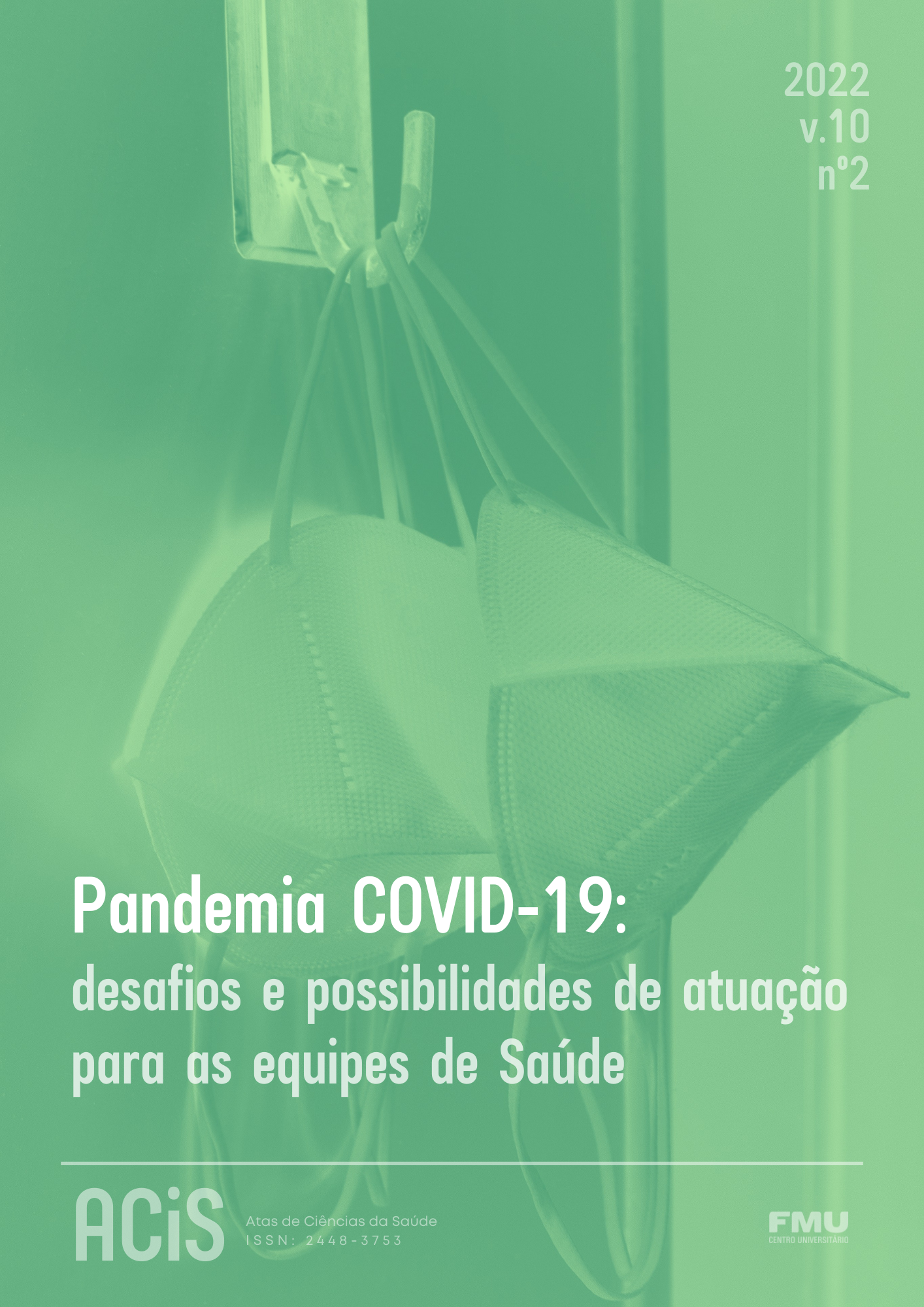Impacts on learning-related listening skills in the COVID-19
Abstract
Objective: to identify whether the face-to-face teaching model in a virtual learning environment with synchronous classes interfered in the auditory abilities of selective attention and auditory memory of the students, in relation to their learning. Method: 59 undergraduate students of the Speech Therapy Course at an HEI in the city of São Paulo participated. They answered a questionnaire sent digitally, after accepting the Free and Informed Consent Form. The collected data were analyzed qualitatively, with a descriptive character. Results: the students reported understanding the content in the synchronous remote classes, although the attention in the classes was considered worse due to the distracting factors in the environment. The use of headphones and reading aloud were resources used by the participants to improve selective attention and auditory memory during classes. Conclusion: the virtual learning environment was considered inappropriate because it is conducive to distractions, exerting a negative influence on selective attention and students' auditory memory.
Descriptors: auditory perception, online learning, distance education, listening, online learning
Downloads
Published
Issue
Section
License
Copyright (c) 2022 Alessandra G. de Rezende Araujo, Bruna de Oliveira e Souza, Izabel Cristina de Souza Silva, Maria Renata Dourado Arcine

This work is licensed under a Creative Commons Attribution-NonCommercial 4.0 International License.
Autores que publicam nesta revista concordam com os seguintes termos:
- Autores mantém os direitos autorais e concedem à revista o direito de primeira publicação, com o trabalho simultaneamente licenciado sob a Licença Creative Commons Attribution que permite o compartilhamento do trabalho com reconhecimento da autoria e publicação inicial nesta revista.
- Autores têm autorização para assumir contratos adicionais separadamente, para distribuição não-exclusiva da versão do trabalho publicada nesta revista (ex.: publicar em repositório institucional ou como capítulo de livro), com reconhecimento de autoria e publicação inicial nesta revista.
- Autores têm permissão e são estimulados a publicar e distribuir seu trabalho online (ex.: em repositórios institucionais ou na sua página pessoal) a qualquer ponto antes ou durante o processo editorial, já que isso pode gerar alterações produtivas, bem como aumentar o impacto e a citação do trabalho publicado (Veja O Efeito do Acesso Livre).





